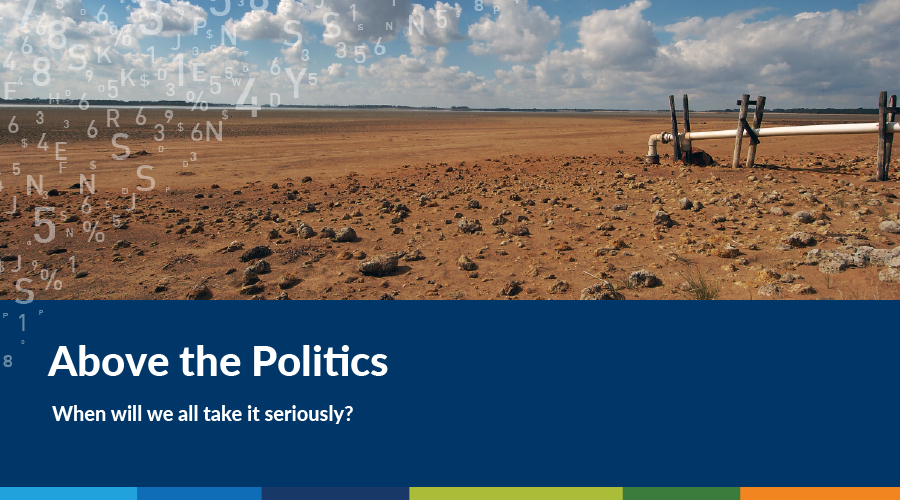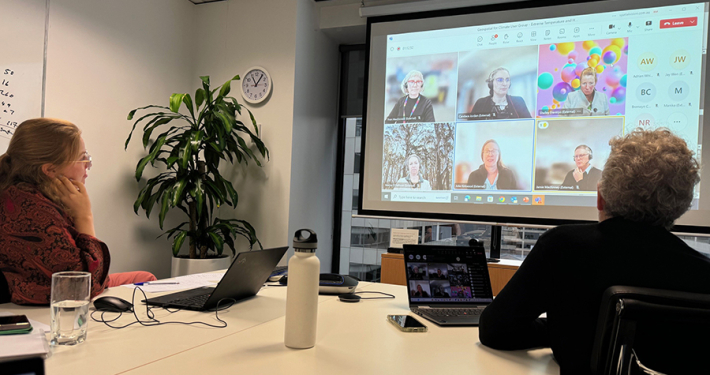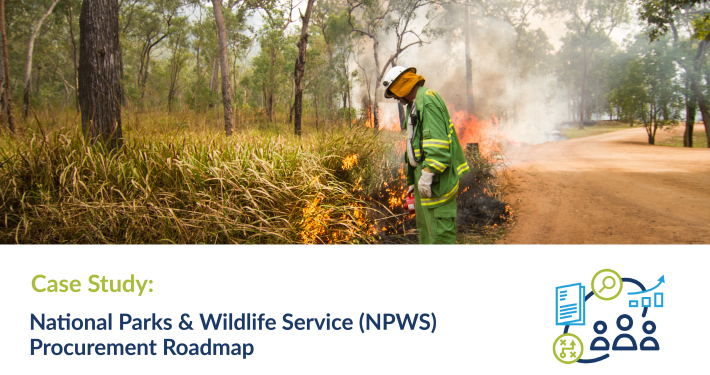The latest Four Corners investigation, Weather Alert, was compelling. The byline was While politicians question the reality of climate change, farmers and businesses act.
A Senior Forecaster from the Bureau of Meteorology highlighted that there has been a noticeable increase in Australian temperatures since the 1950’s. The investigation then interviewed farmers who have observed changes in their own landscapes and have been forced to confront the reality of a changing climate. In some cases, their observed reality has converted their thinking from denial to action. Given the nature of their business, farmers are the ultimate pragmatists.
The investigation highlighted that climate change is now a subject discussed in business boardrooms. This was reinforced by statements from Australian Prudential Regulation Authority (APRA) and the Reserve Bank governor Philip Lowe, that climate change posed a material risk to the entire financial system.
In the United Kingdom more than 3 years ago, back in early 2015, the Conservatives, Labour, and Liberal Democrats agreed to work together on combating climate change, whatever the outcome of the upcoming May election. They saw it as an issue above politics. Many European countries have done the same.
And in the US, while President Donald Trump has dismissed climate change as ‘fake news’, the US Department of Defence is focused on understanding and preparing for continued climate disruption and the security threats it poses in a warming world.
It is a pity many of our federal government politicians do not appear to have encountered this epiphany and that a bi-partisan national plan to comprehensively address immediate and future impacts of our changing climate seems some way off.
It is heartening to see that Victorian Government is assessing the impact of climate change on the coastline.
Spatial Vision recognises that Climate Change is major societal issue that will impact on people’s lives, national infrastructure and our rich ecological inheritance. Importantly, the impact will not be slow and incremental but characterised by severe events that may impact the communities that can least protect themselves. And our neighbours be they in the Pacific or in south–east Asia are already counting the cost and should expect much more from us than childlike point scoring and finger pointing.
The full Four Corners episode can be viewed here
Spatial Vision’s chief spatial scientist, Stephen Farrell, who has lead a number of climate change impact related studies will be attending the 2018 Climate Leadership Conference in Sydney on 15 – 16 March.
- Timely Wildfire and Climate Change Forum - September 21, 2020
- Climate Change Will Change Everything - July 5, 2018
- Darebin Yarra Trail Link - March 22, 2018






